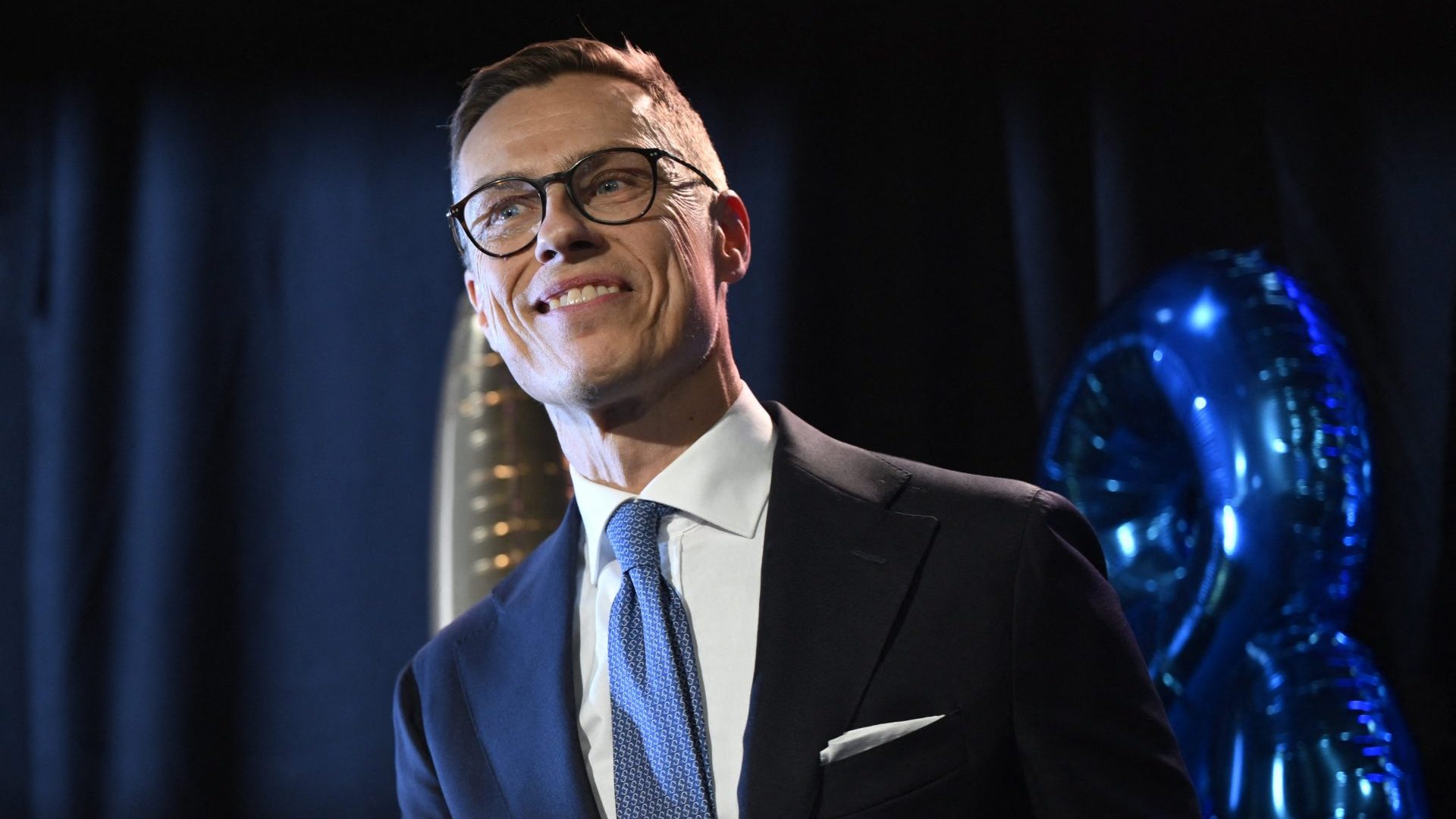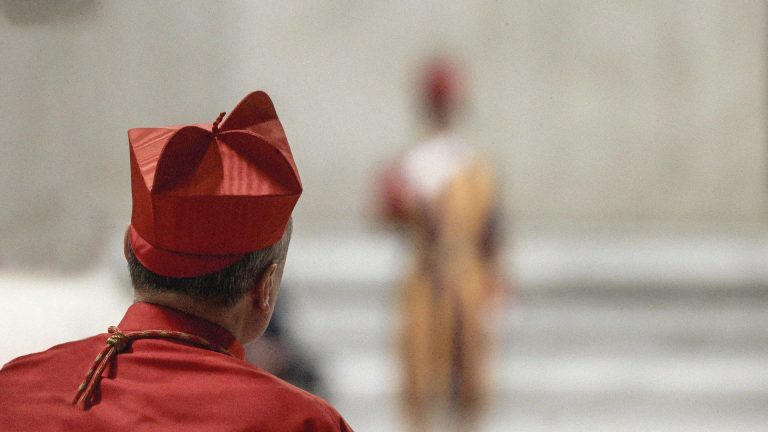The centre-right candidate Alexander Stubb, 55, won Finland’s presidential elections by a hair’s breadth, with 51.6% of the votes. In the second round of the elections he was up against Pekka Haavisto, 65, a long-time member of the Green League, who ran as an independent. It was the tightest race since Finland started electing presidents by popular vote in 1994.
Ahead of the election there was speculation by news anchors and pundits on the extent to which Pekka Haavisto’s sexual orientation would sway voter opinion. That speculation set off an angry debate, particularly on social media. And yet, an online poll conducted by the country’s leading newspaper Helsingin Sanomat, concluded that 40% of Stubb voters were influenced in their choice of candidate by Haavisto’s sexual orientation. Haavisto himself has underlined that he’s worked with people from all over the world, from all walks of life and that his sexual orientation has never been an obstacle.
As president, Stubb will take over the country’s foreign policy in cooperation with the government. He will also take on the role of supreme commander of the defence forces, and act as a national leader of values and mediator if need be.
Previously, this has meant maintaining relations with countries outside the EU such as Russia, China, and the US. Considering the absence of high-level relations with Russia, the president’s focus may shift towards shaping Finland’s NATO policies while closely following the Kremlin’s moves in the Nordic and Baltic regions.
In the wake of the first round of elections many progressive voters could be heard letting out a sigh of relief as both second-round candidates were liberal foreign policy veterans. Stubb earned his PhD at the London School of Economics in 1999, where his thesis focused on the integration of the European Union and the Amsterdam Treaty. He then worked for the European Commission, led by Romano Prodi, and as a civil servant at the Ministry for Foreign Affairs of Finland.
In 2004, Stubb made a splash by earning the second-highest number of votes in the European Parliament elections. Four years later he was appointed as foreign minister due to a sexting scandal surrounding his predecessor – and since this was a time before smartphones, the scandal did not involve unsolicited pictures but old-school naughty SMS messages on presumably a Nokia phone.
From 2008 to 2015 Stubb served as foreign minister, prime minister, and lastly minister of finance. After losing his party’s leadership in 2015, he became a vice-president at the European Investment Bank and most recently, he was a professor at the European University Institute in Florence.
Pekka Haavisto, who came in second place, served as foreign minister in the previous centre-left government, led by Sanna Marin. Before that, he was minister of international development twice and worked, among others, as the EU’s special representative to Sudan and Darfur.
When it comes to foreign policy, Haavisto and Stubb share many similarities, which is not surprising as there is a longstanding consensus view on Finland’s foreign affairs. However, one difference in security policy is that Stubb wants to allow nuclear weapons on Finnish soil. Haavisto’s view is that current legislation does not permit it and he sees no reason why that should change.
For real political difference, one must look to a politician who did not make this second round at all. Jussi Halla-aho is speaker of the parliament and former leader of the national conservative Finns party, and he has largely built his career on the back of stoking anti-immigrant feeling. His party officially supports Finland’s exit from the EU.
According to Noora Kotilainen, a Senior Research Fellow at the University of Helsinki: “The president is seen as the embodiment of certain traditions, prompting candidates to highlight aspects such as security and steadfastness in their campaigns to appeal to a wide audience,” Kotilainen explains.
However, Kotilainen also emphasises that while politicians in the UK and other Nordic countries may express concerns about security threats to prepare the electorate for budget increases, that is not the case in Finland.
“Finns are already well aware of potential security threats. Finland’s military spending has consistently been higher than many of its counterparts, and unlike most European countries, Finland maintains mandatory conscription. Therefore,” says Kotilainen, “politicians do not feel compelled to advocate for increased military spending, as it is already widely accepted by the electorate.”
With the ongoing war in Ukraine and Russian hybrid warfare in the Nordic and Baltic regions, Finland finds itself in a tenser geopolitical landscape than before. Consequently, Finland is also more aligned with its partners in Europe and North America.
As president-elect Stubb takes office he, together with the government, will face many challenges, not least how to tackle Russian hybrid warfare. That will take substantial political will – and courage.










